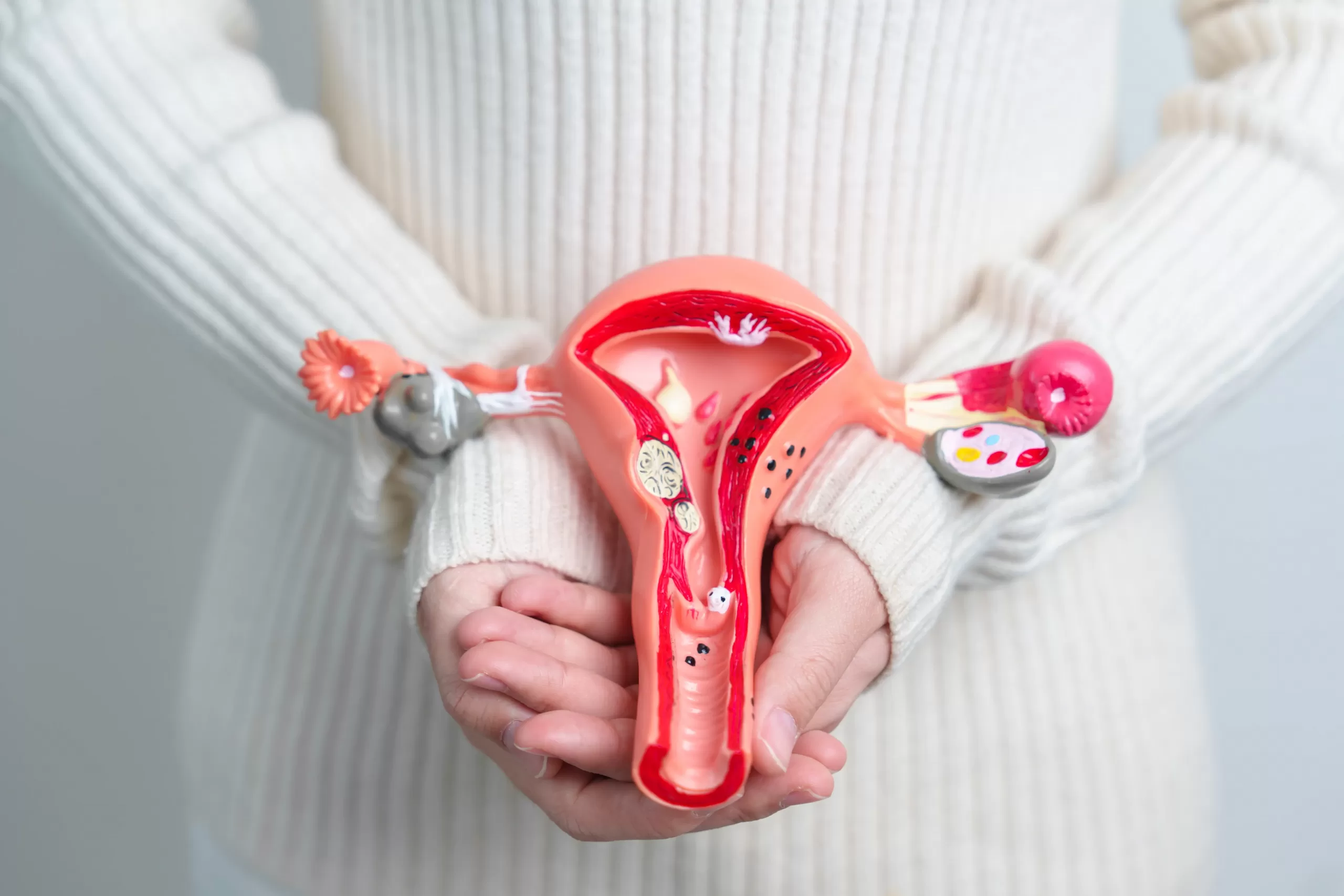Meningitis Vaccines for kids- the facts
What is Meningitis?
Meningitis strikes fear into the hearts of parents, and rightly so- it’s a medical emergency that can rapidly become life-threatening.
Meningitis occurs when viruses or bacteria infect the fluid and outer membranes of the brain and spinal cord. Symptoms may include fever, irritability, headache, vomiting, neck stiffness and sensitivity to light. In smaller children and babies, the signs can be more vague- such as being unusually quiet, irritable or refusing feeds. In bacterial meningitis, generalised infection or “sepsis” may spread throughout the body- this is a very serious condition. It can lead to a “petechial rash”, which is caused by small bleeds under the skin. If you press these spots they do not disappear or fade like most other rashes do.
Types of meningitis and the vaccines against them:
Viral meningitis
This is the most common type of meningitis. Though it’s the least serious, it may cause the same symptoms as the more aggressive bacterial form. So, if there are any worrying symptoms, immediate medical attention is essential. People who get viral meningitis may feel very unwell and my need to spend some time in hospital, but tend to get better without any specific treatment, within a few weeks.
Bacterial Meningitis
This is a lot more serious. It can lead to permanent disability or death in a matter of hours.
The main causes of bacterial meningitis are
- Meningococcus
- Pneumococcus
- Haemophilus Influenzae Type B (Hib)
Meningococcal Meningitis:
There are 13 strains of meningococcus worldwide, but the most common forms in Australia are Meningococcus B and C.
The Meningococcal C vaccine is part of the standard immunisation schedule for children in Australia. Children receive a shot aged 12 months.
The Meningococcal B vaccine is not yet part of routine childhood vaccination. It requires a prescription from a doctor and parents must pay for it- it may cost up to $150 per dose. This strain of meningitis can be very aggressive, and is of particular risk to infants, teens and young adults. The course is 2 or 3 separate shots depending on the age group. It is licensed from the age of 2 months upwards.
Pneumococcal Meningitis:
Streptococcus Pneumoniae can cause a variety of illnesses including meningitis, particularly in children under the age of 2. All Australian children are offered vaccination against the most common forms of Streptococcus Pneumoniae, at 2, 4 and 6 months, as part of the routine vaccination schedule. The vaccine protects against 13 of the most common strains of Pneumococcal infection.

Haemophilus (Hib) Meningitis:
Children in Australia get vaccinated for Hib at 2, 4 and 6 months, as well as a booster shot at 12 months. Before Hib immunisation started in 1993, this was the most frequent cause of life-threatening infection in children under the age of five, causing meningitis and other serious illnesses. Thankfully, the vaccine has dramatically reduced the incidence of this illness.
If you have further questions about Meningitis or Meningitis vaccinations, speak to your local doctor, practice nurse or maternal and child health nurse.
What is a hysterectomy and when is it needed?
What is a hysterectomy and when is it needed? A hysterectomy is a surgical procedure to remove a woman's uterus (womb), usually performed by a gynaecologist. It is commonly [...]
Eyelid cosmetic surgery
Is Eyelid Cosmetic Surgery Right for You? Are your eyelids feeling heavy? Do they affect your vision, making everything blurry or giving you a sense of constant fatigue? Do [...]
How to get the most out of your doctor’s appointment
How to get the most out of your doctor’s appointment Have you had a bad experience with doctors? Are you nervous about your next doctor’s appointment? Whether you are [...]




